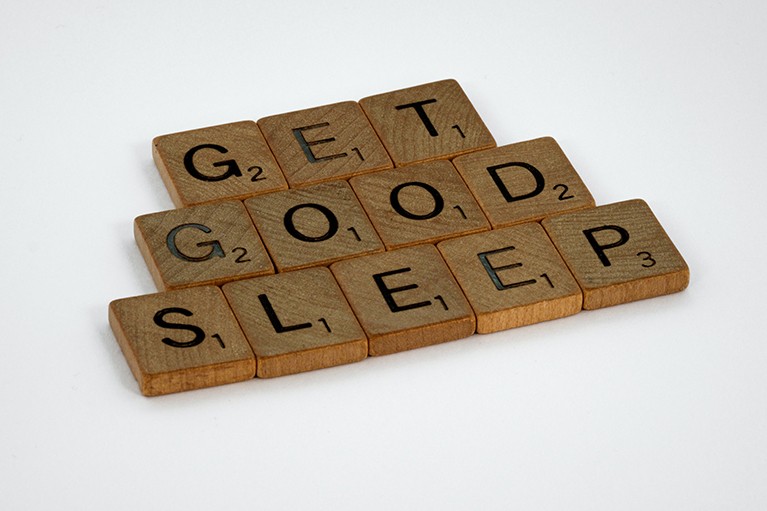Sleep Well, Stay Well
March 3, 2022

Sleep is often what we sacrifice the most out of our busy day-to-day schedules. When we are pressed for time, and especially for those working one, two, maybe even three jobs, sleep is viewed as a luxury that can be expensed should the need arise. However, did you know that there are many health costs associated with lack of sleep? Many of the costs of poor sleep go unnoticed and people often overlook the potential long-term health consequences of insufficient sleep.
The Hidden Costs of Poor Sleep
Cardiovascular disease, obesity, diabetes, and number of other ailments are quite often associated with poor sleep. Although these diseases develop over long periods of time and result from a number of factors, such as genetics, poor nutrition, and lack of exercise, insufficient sleep is also considered an important risk factor in these diseases and many more. This is rather important considering that all of the aforementioned diseases are of the top leading causes of death for men and women, and across all ethnic backgrounds in the United States according to the CDC. Most experts agree that sleep is just as important in caring for your overall health as is a well-balanced diet, and exercise.
Assessing the Risks
Determining the risks posed by insufficient sleep is complicated as many medical conditions associated with poor sleep are slow to develop. However, most if not all are well aware that the doctor recommended dose of daily shut-eye remains about eight hours per night. Less than this golden number has shown to increase risk of developing a number of medical conditions. Meanwhile just reducing your hours of sleep by just 2 to 3 hours can have dramatic health consequences.
Sleep and Obesity
Unhealthy and uncontrolled weight gain has been demonstrated to increase with insufficient sleep. For example, a study conducted in 2006 by the Archives of Internal Medicine found that those who slept less than six hours per night on a regular basis were much more likely to have excess body weight, while people who slept an average of eight hours per night had the lowest relative body fat of the study group. While a separate study showed that babies who are “short sleepers” are much more likely to develop obesity later in childhood than those who sleep the recommended amount.
Sleep and Diabetes
Studies have shown that people who reported sleeping fewer than five hours per night had a greatly increased risk of having or developing Type 2 diabetes. However, it should be noted that other research shows that regulating and improving sleep can help the body control blood sugar and reduce the effects of Type 2 diabetes.
Sleep and Cardiovascular Disease
Even modestly reduced sleep has been shown to greatly increase the risk for coronary artery calcification, a predictor of future heart attack. Furthermore, lack of sleep has also been shown to correlate to increased risk for hypertension, stroke, coronary heart disease, and irregular heartbeat. Long-standing sleep deprivation which leads to high blood pressure can then lead to higher levels of certain chemicals linked with inflammation, which puts extra strain on your heart.
How to Catch Up on Lost Sleep
If you don’t get enough sleep, there’s only one way to compensate – getting more sleep. It won’t happen with a single early night. If you’ve had months of restricted sleep, you’ll have built up a significant sleep debt, so expect recovery to take several weeks.
Starting on a weekend, try to add on an extra hour or 2 of sleep a night. The way to do this is to go to bed when you’re tired, and allow your body to wake you in the morning. You might sleep up to 10 hours a night at first. After a while, the amount of time you sleep will gradually decrease to a normal level.
Don’t rely on caffeine or energy drinks as a short-term energy boost. They may boost your energy and concentration in the short term, but can disrupt your sleep patterns even further in the long term.
Of course, if all else fails be sure to ask your doctor if you are struggling maintaining a healthy sleep schedule. Sometimes, there may be other health issues that may be influencing your ability to get a good night’s rest. The best way to know is to communicate with your health provider so you can understand your body better, and sleep your way to better health!
Sources:

